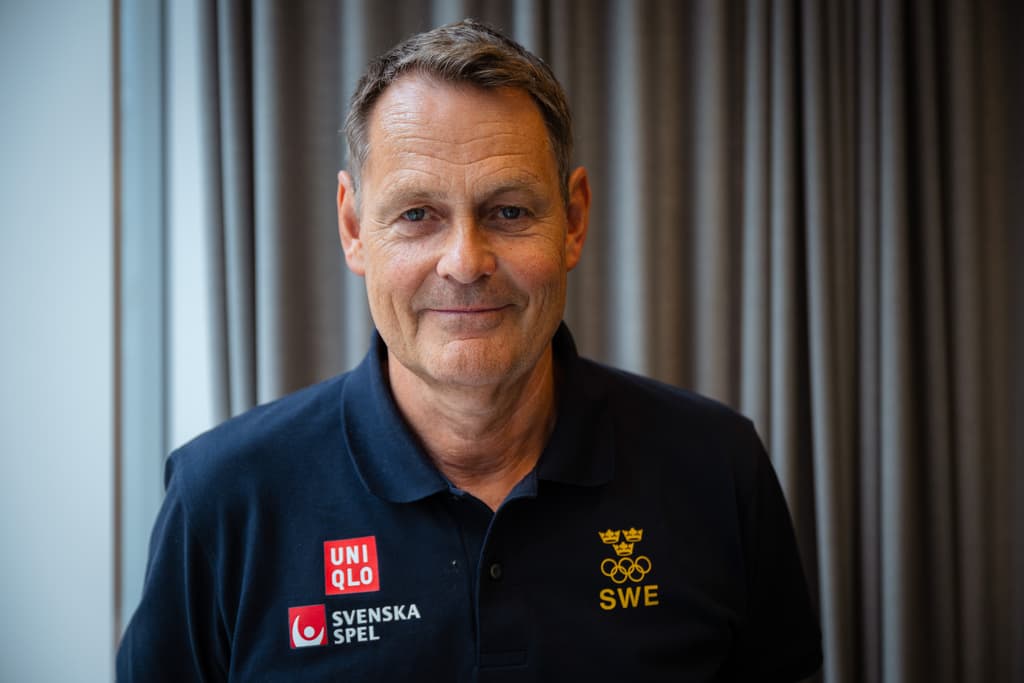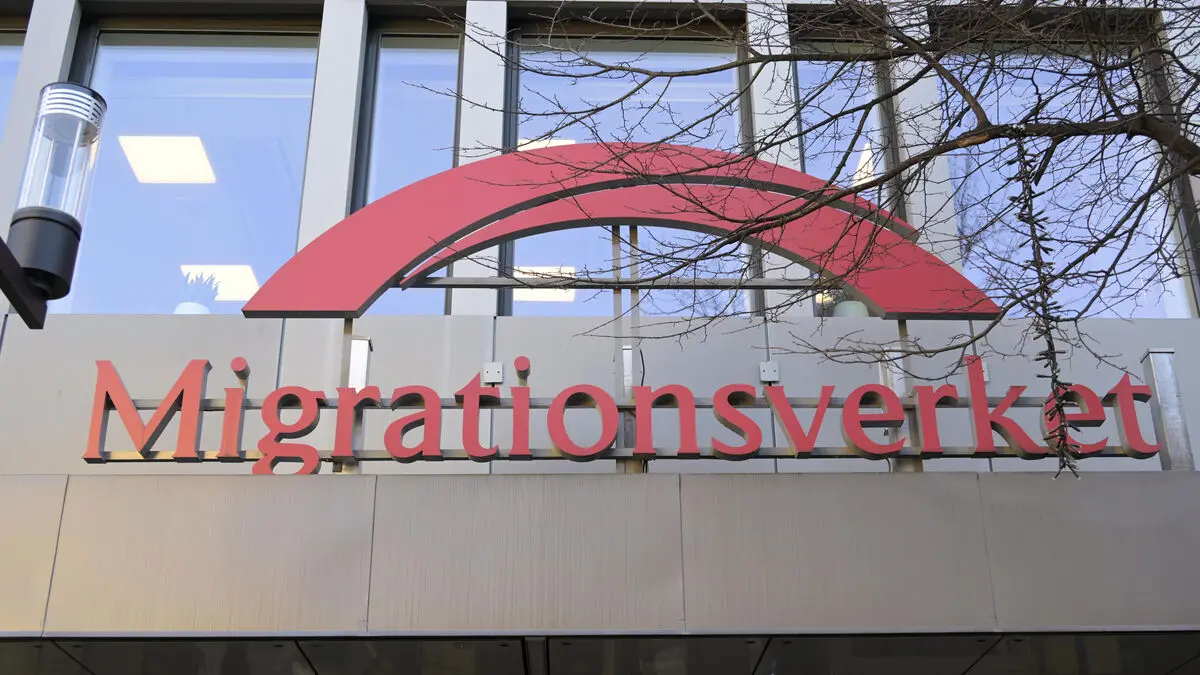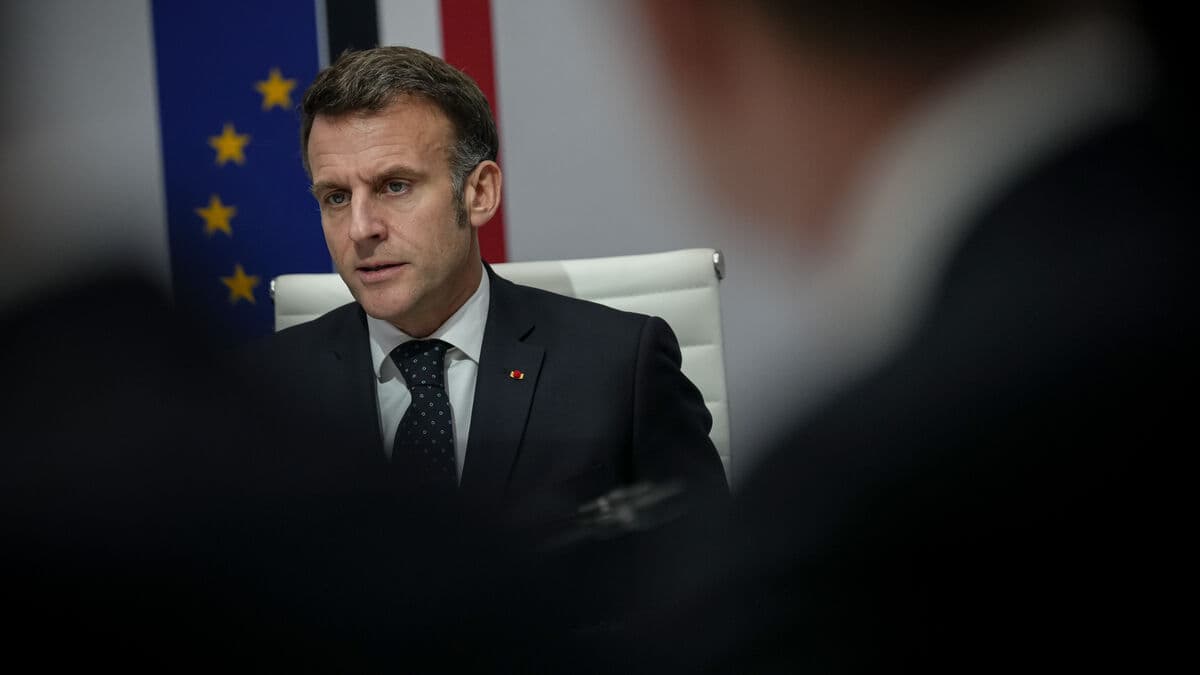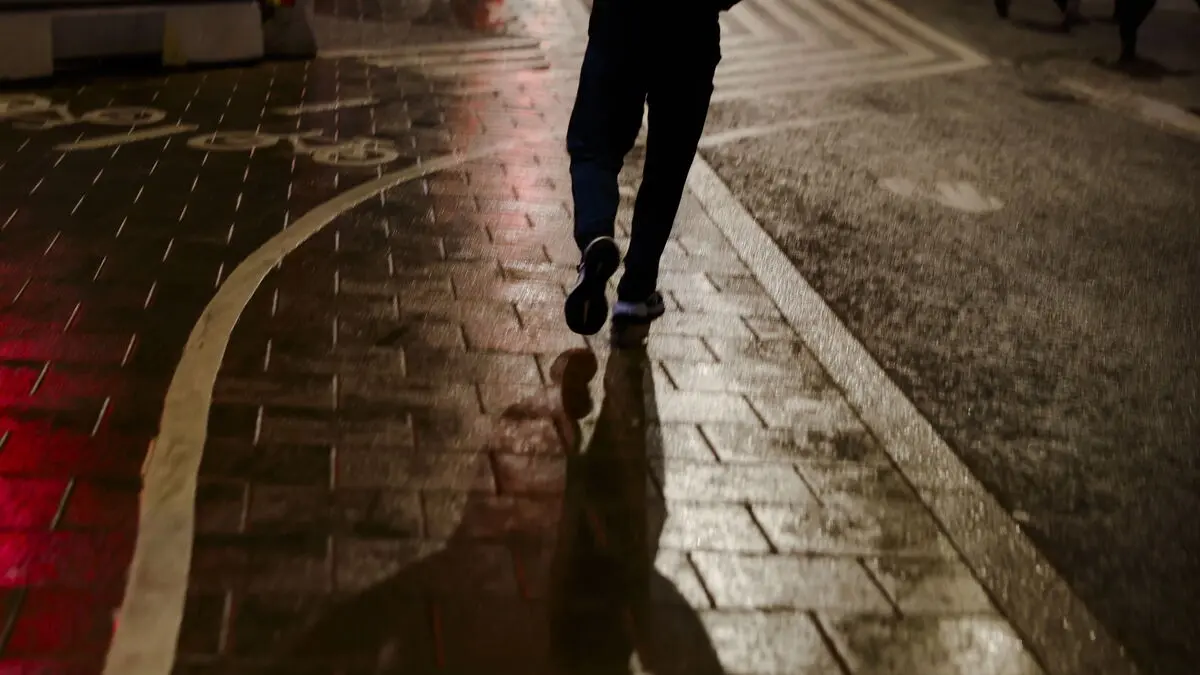Athletics introduces prize money in this year's Olympics.
The Swedish Olympic Committee (SOK) is skeptical.
I think it's a problem that prize money is introduced in some sports and not in others, says team manager Peter Reinebo.
It hit like a news bomb in April. As the first association, athletics introduces prize money at the OS in Paris.
A gold medal this summer will give around 500,000 Swedish kronor in cash, and the plan is to reward all athletics medal winners at the next summer Olympics, Los Angeles 2028, with a sum of money.
A change that breaks new ground in Olympic history – and which some fear may lead to ripples in other associations.
"This is a continuation of the journey we started in 2015, where all the money World Athletics receives from the International Olympic Committee (IOC) goes directly back to our sport", said Sebastian Coe, chairman of the international athletics federation in a statement.
"I think it's a problem"
From a Swedish perspective, however, people are hesitant about the change.
I'm a bit torn. I think it's a problem that prize money is introduced in some sports and not in others, says Reinebo.
During the ancient Olympic Games, the winner was awarded a wreath of olive trees. But since the 1908 OS in London, the top three athletes have received a gold, silver, and bronze medal. The IOC has not distributed any prize money, nor has the SOK rewarded medal winners in Sweden.
Over the years, the IOC has often been criticized for this.
I think that criticism is wrong. The IOC invests quite a lot of money in the international federations. The international federations don't just organize competitions, but also development projects and camps, especially for countries that don't have the resources themselves, says Reinebo.
He continues:
And the IOC also invests money in us, i.e. national Olympic committees. We also invest in active and top and talented athletes. That means you're investing in those who have achieved results and those who are on their way forward.
"Understand that there is an attractiveness"
Reinebo means that there is a certain problem in that the prize money only goes to a few athletes. Athletes who often already have a good economic situation.
I understand that there is an attractiveness to it and it's not like athletes aren't worth the money. But I would rather see the money being used a bit more broadly to benefit more people, and especially those who have greater needs, he says.
Andreas Kramer (800 meters), Andreas Almgren (5,000 meters and 10,000 meters), Carl Bengtström (400 meters hurdles), Thobias Montler (long jump), Armand Duplantis (pole vault), Daniel Ståhl (discus), Fanny Roos (shot put), Suldan Hassan (marathon), Carolina Wikström (marathon), Perseus Karlström (walking), Axelina Johansson (shot put), Oskar Edlund, (400 meters hurdles), Thea Löfman (hammer), Ragnar Carlsson (hammer), Henrik Larsson (100 meters), Vanessa Kamga (discus), Julia Henriksson (200 meters), Nora Lindahl (200 meters), Maja Åskag (triple jump), Caisa-Marie Lindfors (discus), Samuel Pihlström (1,500 meters), Erik Erlandsson (200 meters).






